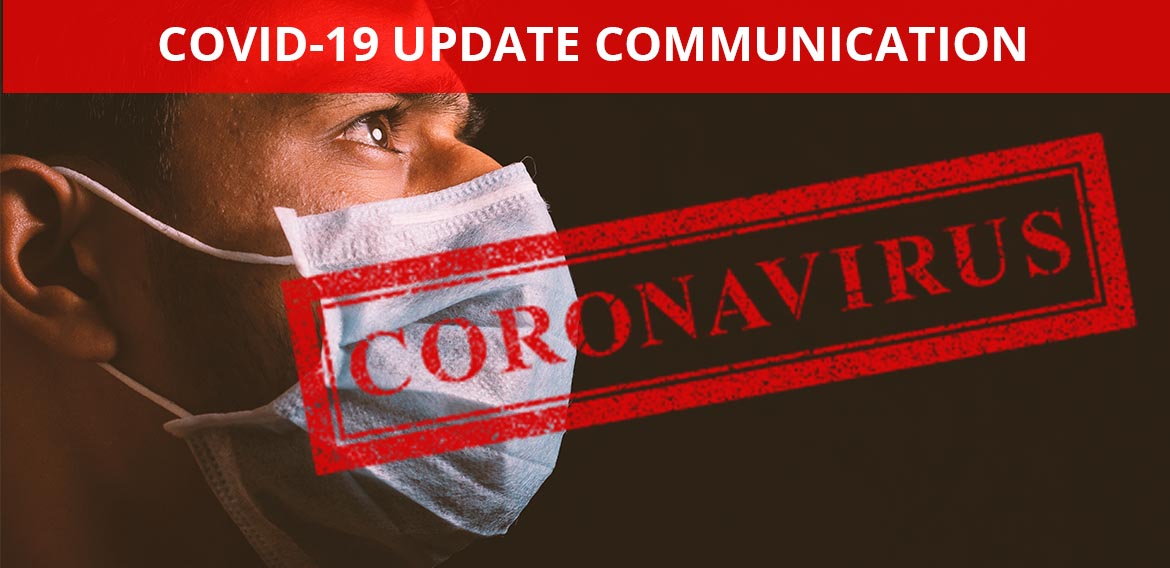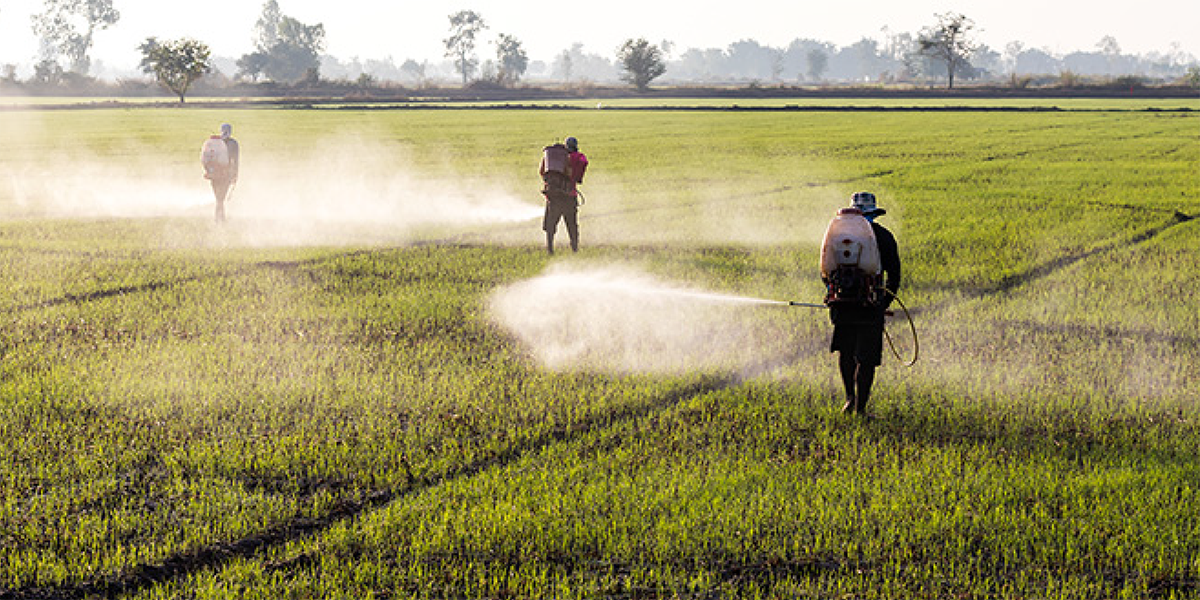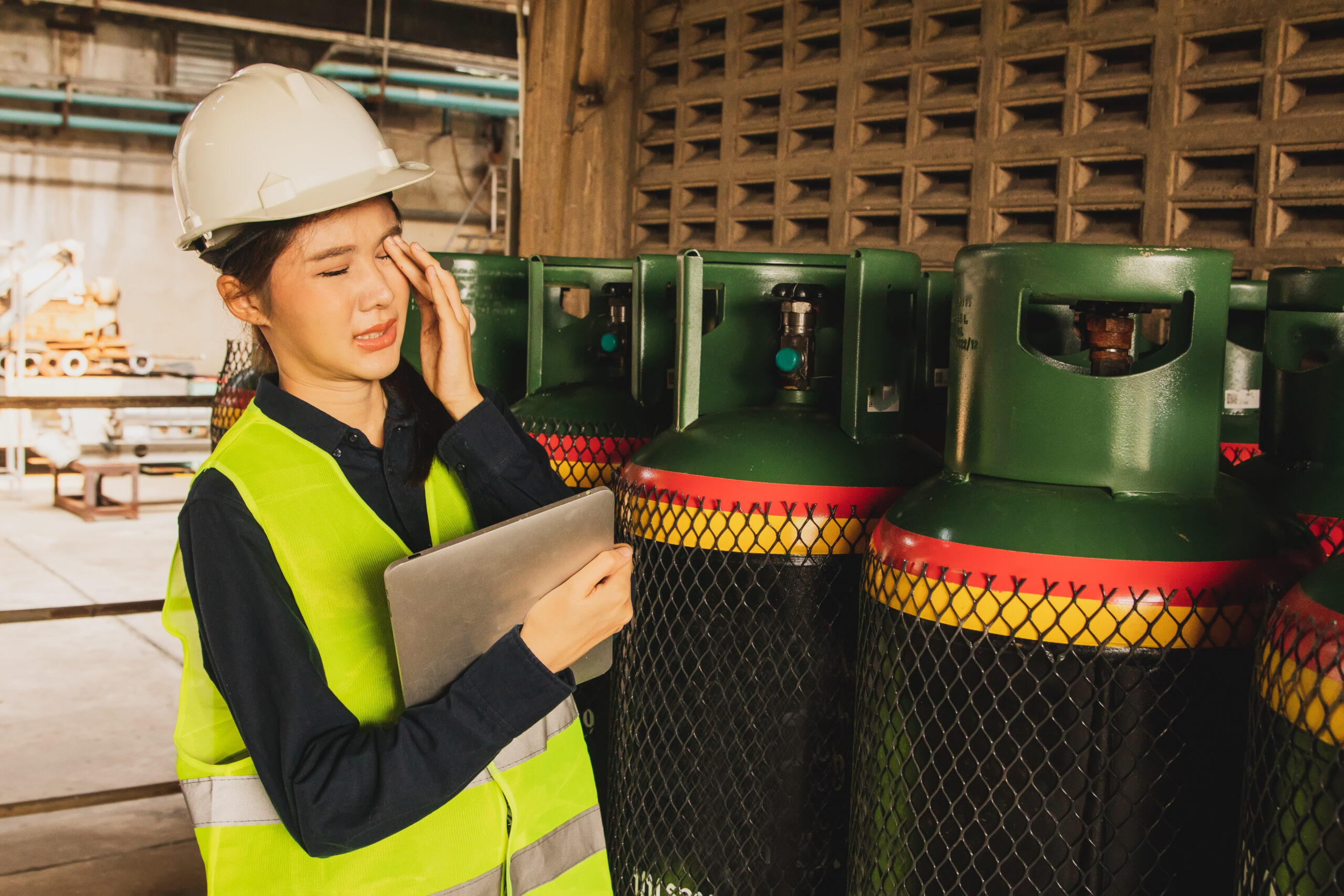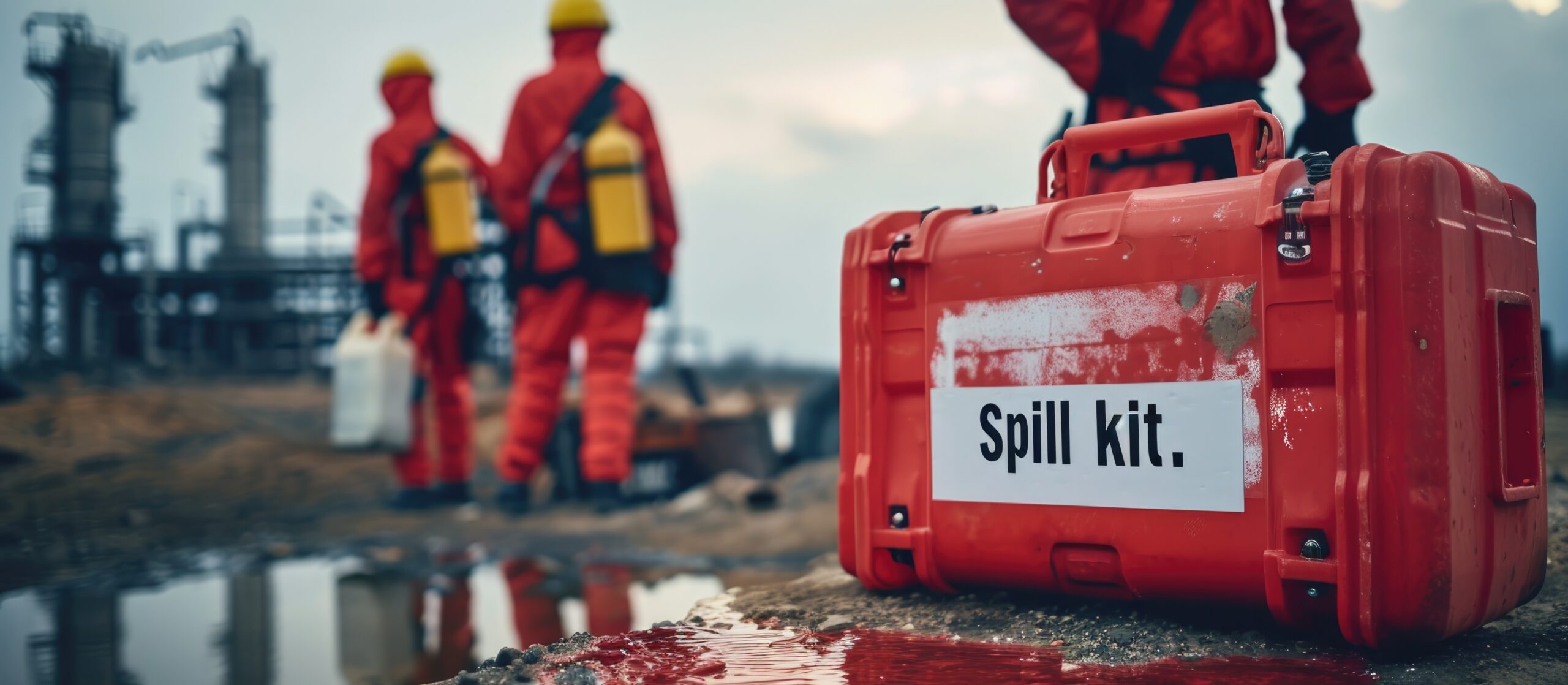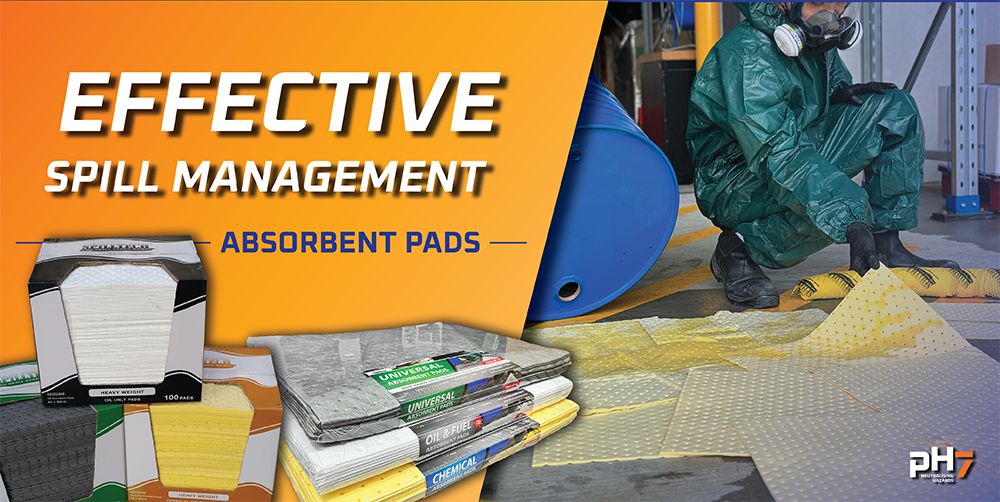Unless you’ve been living in a cave, you will have heard about the spread of the Coronavirus, a new virus that originated in Wuhan, China but is spreading across the world. People infected with the virus may develop viral pneumonia which can lead to fever, coughs, headaches, sore throats and muscle pain. For those people with compromised immune systems the virus can lead to death with over 170 people confirmed to have died from the virus so far.
Currently, there is enormous demand for respiratory masks and hand santisers as people get anxious about all the news reports. While a new virus is concerning it’s worth noting that humans are terrible at risk analysis. There’s a lot of anxiety about 170 deaths so far and panic buying of masks and hand sanitisers but it should be noted that the flu each year kills around 35,000 people in the US alone and hospitalises over 200,000 with little or no media attention.
However, at this time we’re getting a lot of enquiries about the types of masks people should be buying and what protective clothing they should use.
Firstly, as far as we know protecting against the Coronavirus is the same as protecting against the spread of any respiratory virus. That is:
- Avoid contact with people who may have been in infected areas or are displaying symptoms of flu, fever, and coughing.
- Wash your hands regularly with soap and water or an alcohol based sanitiser and avoid touching your face with your hands.
- Display proper etiquette when sneezing or coughing by doing so into a disposable tissue or bent elbow.
When it comes to respiratory masks there are a couple of things you need to be aware of:
Surgical face masks are NOT designed to protect the wearer from viruses:
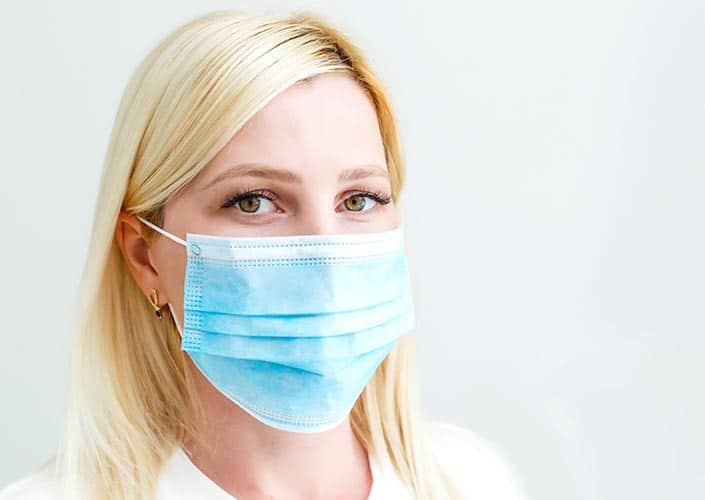
- These loose-fitting masks are designed to stop the wearer accidentally coughing or spitting on other people. They are not close fitting enough to protect wearers from viruses that may be spread when an infected person coughs or sneezes near them.
- The only real benefit they may offer is to minimise hand to mouth and nose contact for a time but generally for use to protect against infection from respiratory viruses they are a waste of money.
P2 disposable masks offer limited protection if fitted correctly and changed frequently:
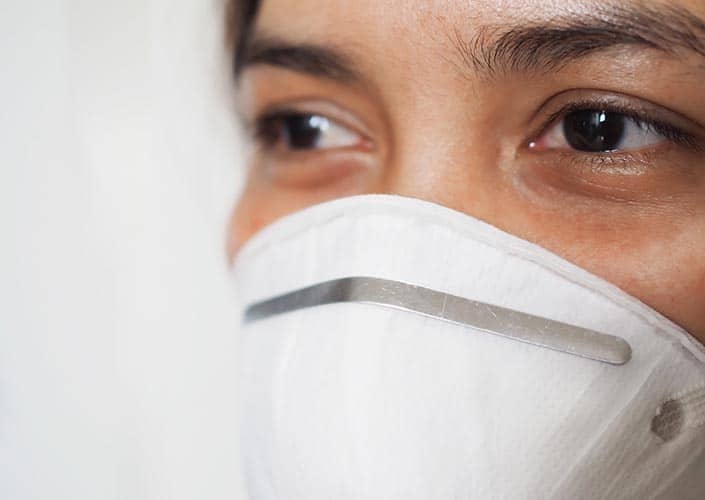
- These masks are certified to protect against at least 94% of particulates and will provide some protection.
- However, it should be noted that these masks must be properly fitted to the face to work correctly. Facial movement while speaking, turning your head or facial hair may all reduce the effectiveness to these masks.
- Proper hygiene such as regular hand washing is still required.
P2/P3 Reusable Respirators offer better face fit and higher protection:
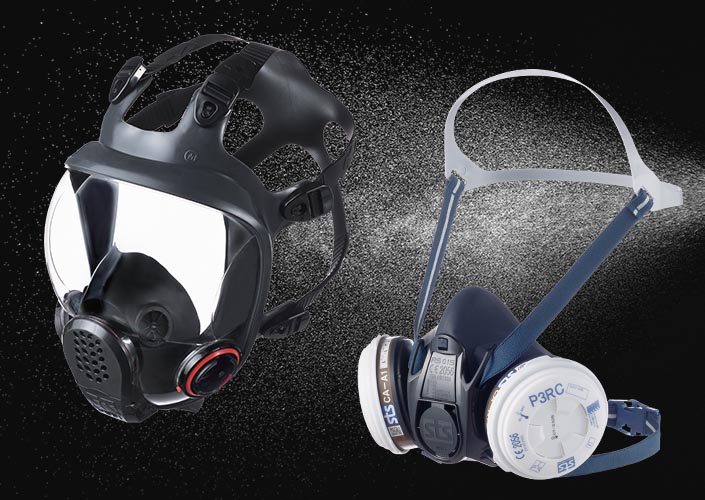
- Reusable respirators come in half and full-face variations and also rely on a good face fit, however it is easier to get a proper face fit with a reusable respirator than a disposable mask.
- Filters are available in P2 (>94% filtration) and P3 (>99.95%)
- Proper hygiene such as regular hand washing is still required.
If you’ve tried to buy a surgical or disposable mask already you’ve probably found that these are all sold out. But don’t worry they would have probably not provided much protection anyway. Reusable respirators are still available, but you need to weigh up the risks. For most people, while information is still being collected about the virus the best course of action is simply to take the same precautions you would against the flu:
- Avoid people who may have been exposed to the virus in the last couple of weeks
- Wash your hands frequently with soap and water or an alcohol based sanitiser and minimise touching your face (nose and mouth) with your hands.
- If you are going to cough or sneeze do so into a disposable tissue or bent elbow.
Most importantly, don’t panic! Statistically you’re far more likely to die driving to buy a face mask than you are from the Coronavirus.
For more information about your requirements and or to talk through how we can help, contact us on 0800 323223, enquiries@ph7.co.nz or via the website.

